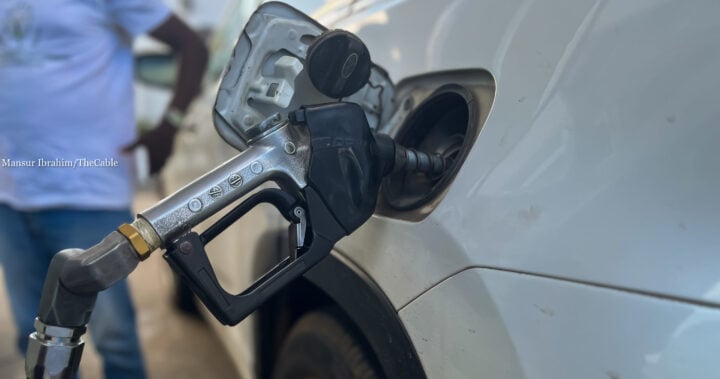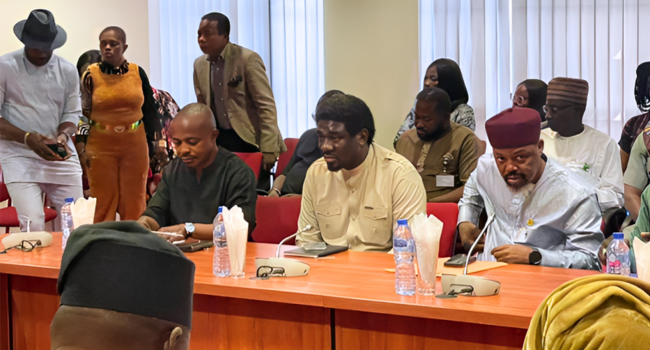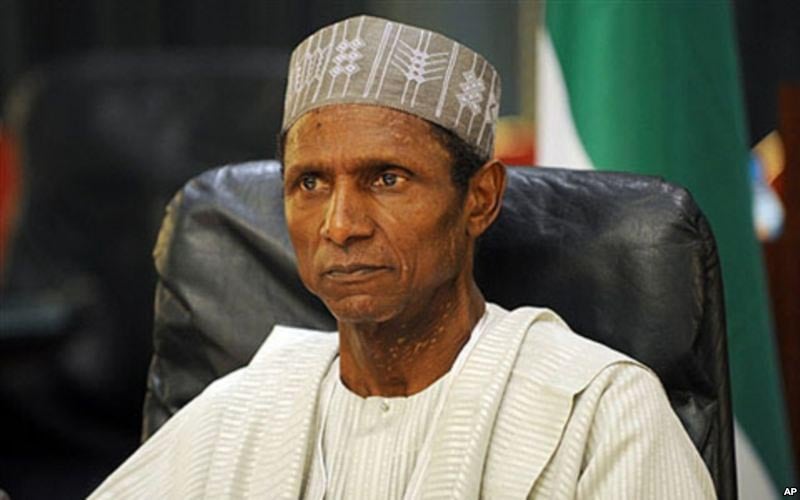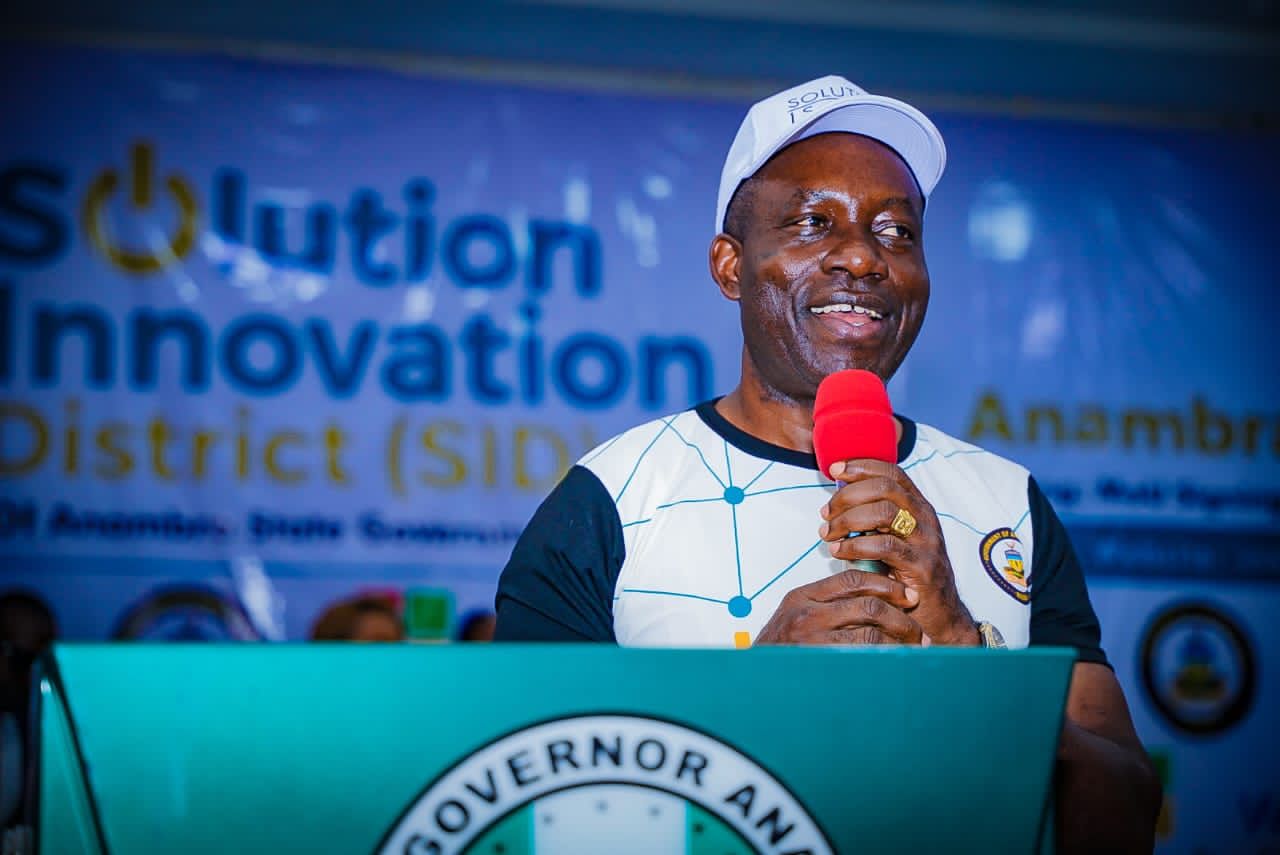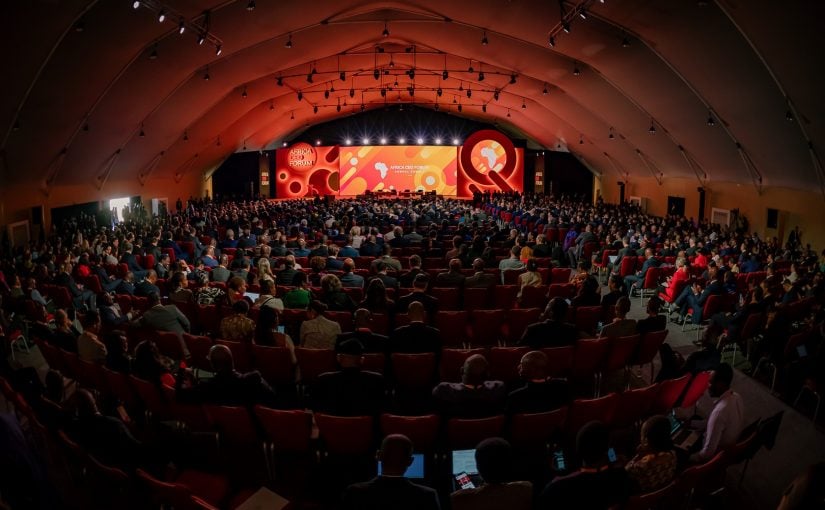In a couple of days, President Bola Tinubu will address the nation, and we will hear the usual ‘fellow Nigerians’ or maybe a more fascinating phrase like ‘fellow compatriots’. The occasion is his one year in office where he will read out his supposed achievements, policies and plans. He will plead with millions of suffering Nigerians who are losing their trust and regretting voting for this administration to be patient and bear the hardship that has become unbearable for them. He will tell them that there is light at the end of the tunnel but these unavoidable ‘sacrifices’ must be made for a better Nigeria in the future.
But these words are not new to the millions of suffering Nigerians; their eyes have seen ‘shege banza’ and now, they are tired of words and failed promises that sink them deeper into poverty, instead of policies and decisions that make their daily living a better one. They thought their yesterday and past administration was terrible, but are now faced with the reality that their today may be worse. Some are even wishing to go back not just to the last administration, but to the one before, and the other one before.
They compare the dollar rate of the last three administrations to the present one, they look at inflation, taxes, standard of living, prices of food in the market, cost of petrol, electricity tariff, salaries of workers, and security of lives and properties. They found out that, ironically, yesterday has always been better than today.
From the moment President Tinubu declared “subsidy is gone”, the lives of Nigerians have never remained the same. It has been from one frying pan into another fire. We have seen policies and decisions that have further pushed citizens to the edge while many multinational businesses have shut down operations.
Advertisement
Just a few days ago, Microsoft announced the shutting down of its development centre in Nigeria. The announcement came just two years after the opening of the centre in Lagos. This latest development points to a growing trend of an exodus of multinational companies in Nigeria, impacting not only the companies but also Nigerians, many of whom were employees in those firms.
Last year, GlaxoSmithKline, Nigeria’s second-biggest drug producer, packed their bags and exited after 51 years of operation in the country. The British pharmaceutical giant said its prescription medicines and vaccines will only be sold in the country through third-party distributors. The same fate befell Unilever which shut down its home care and skin cleansing business. In the same 2023, another pharmaceutical multinational, Sanofi, left Nigeria.
What about Procter & Gamble (P&G)? The US consumer goods powerhouse, which has been operating in the country for 30 years and ran two manufacturing plants in Ibadan, Oyo state and Agbara, Ogun state, closed down business operations and switched to only importation activity, describing the Nigeria market as problematic for the corporation.
Advertisement
In November 2023, Equinor Nigeria Energy Company (ENEC), a Norwegian energy corporation — which holds a 53.85 percent ownership in oil mining lease (OML) 128, including a 20.21 percent stake in the Agbami field, operated by Chevron — announced the sale of its Nigerian operations after three decades in the country’s energy market. This includes the company’s stake in Agbami oil field which were all sold to a Nigerian-owned firm, Chappal Energies.
Food delivery companies Jumia Food and Bolt Foods both left Nigeria in December 2023, no thanks to rising and unstable foreign exchange rates and other unbearable government policies. These are not all of the multinational businesses that have shut down operations in Nigeria in the past year. What about our own companies, the SMEs who could not even withstand the harsh inflation and cost of doing business? They are gone with fuel subsidy, just like that.
One would wonder if the government even thinks about how these employees who have lost their jobs and sources of income feed, pay rent and train their kids in school.
Tinubu’s social interventions and public welfare promises are still a tall dream. In April, the Nigerian Education Loan Fund (NELFUND) managing director Akintunde Sawyerr said about 1.2 million Nigerian students in tertiary institutions and government-recognised skill acquisition centres will be among the first batch of beneficiaries, but I am yet to see or hear one student come out to testify that he or she is a beneficiary of the student loan from the government. Maybe I need to wait much longer.
Advertisement
The security of the lives and properties of Nigerians is still a major challenge for the Tinubu administration. After a short period of peace and silence, kidnappings and killings resumed in December 2023 with about 380 people abducted between that time and January 2024, some of these cases happened in the Federal Capital Territory, Abuja.
As we go further into the year 2024, Nigeria has experienced many cases of mass kidnappings with over 600 people abducted barely five months into the New Year. Some have lost their lives, others are suffering terminal injuries. On February 29, suspected Boko Haram members abducted at least 200 people, primarily women and children in Borno state. Following that incident, at least three incidents of mass abductions have occurred in quick succession since March 7, when gunmen raided a school and abducted 287 pupils in the Chikun area of Kaduna.
Two days later, on March 9, gunmen abducted 15 children from an Islamic school in Sokoto. With authorities and communities still reeling in the aftermath of these incidents, on March 12, armed bandits reportedly struck Kaduna again, this time in Kajuru, taking with them 61 people. Most recently, gunmen abducted dozens of Dangote Cement workers in Okpella, Etsako East local government area of Edo state.
Before I conclude, let me tell you a case a friend told me about. In March 2023, she got a remote job in a foreign company where her salary was N250,000. She told her employers that she would like to be paid in dollars and her employers agreed. So for March, April and May 2023, she was paid about 560 dollars monthly, but from June of that year, her salary kept on ‘decreasing’, and even went down to as low as 155 dollars in February 2024. Though she still earns N250,000, her employers are paying far less compared to what she started with, and what this means is that her foreign employers are the ones enjoying the rising exchange rate in Nigeria. If she had negotiated her salary in dollars, she would have been the one smiling to the bank. This is the situation many young Nigerians have found themselves in, especially those in the tech industry.
Advertisement
Nigerians do not deserve this pain, most of them fought tooth and nail to bring ‘emi lo kan’ into reality. We all know how the election went last year, we saw them in our polling units and on television. What is the proof that this administration is any better? Tinubu and his cabinet need to re-strategise. Whatever they’re doing right now is not working for the majority of Nigerians. Barely one year into this administration, people are already looking forward to 2027 to vote out those in power. This is a sign of poor governance.
As we look forward to a scintillating first-anniversary speech of our president, we hope he will not continue to reduce the purchasing power of his own compatriots, we hope that he will not continue to frustrate his own people with taxes, we hope that he will formulate policies that will, in reality, improve the livelihood of the people. On May 29, 2023, it was “subsidy is gone”. Are we expecting another surprise in 2024?
Advertisement
Israel Ojoko, a journalist, and content strategist, can be reached via [email protected]
Advertisement
Views expressed by contributors are strictly personal and not of TheCable.
Add a comment

